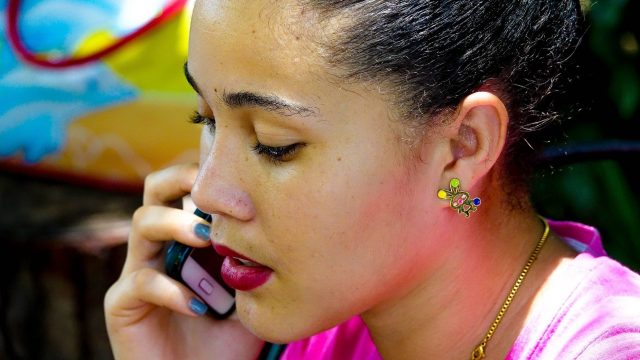It’s National Slavery and Human Trafficking Prevention Month in the United States, but do you know what human trafficking entails and who to call if you suspect that someone is in trouble?
Human trafficking is a crime that generates over $150 billion in illegal profits according to the International Labour Organization. Trafficking of persons involves the recruitment or transfer of people by the means of force, fraud, or coercion for the purpose of exploitation. This exploitation can include forced labor, domestic servitude, removal of organs, and commercial sexual exploitation.
But as HuffPost explains, trafficking is not necessarily easily visible; “many victims rarely come forward to seek help for various reasons including language barriers, fear of traffickers, and fear of law enforcement.”
One way you can help is to know some of the potential signs of trafficking. It’s the first step in identifying victims of trafficking, which is essential is reporting abuses to the authorities.
The Department of Homeland Security gives these indicators (though these are not definitive, they are potential signs):
- Does the person appear disconnected from family, friends, community organizations, or houses of worship?
- Has the person stopped attending school?
- Has the person had a sudden or dramatic change in behavior?
- Is the person engaged in commercial sex acts?
- Is the person disoriented or confused, or showing signs of mental or physical abuse?
- Does the person have bruises in various stages of healing?
- Is the person fearful, timid, or submissive?
- Does the person show signs of having been denied food, water, sleep, or medical care?
- Is the person often in the company of someone to whom he or she defers? Or someone who seems to be in control of the situation, e.g., where they go or who they talk to?
- Does the person appear to be coached on what to say?
- Is the person living in unsuitable conditions?
- Does the person lack personal possessions and appear not to have a stable living situation?
- Does the person have freedom of movement? Can the person freely leave where they live? Are there unreasonable security measures?
If you are in need of help or have information about a potential trafficking case, call the National Human Trafficking Resource Center at 1-888-373-7888. It is national, toll-free hotline with specialists available to answer calls 24/7.







Freedom United is interested in hearing from our community and welcomes relevant, informed comments, advice, and insights that advance the conversation around our campaigns and advocacy. We value inclusivity and respect within our community. To be approved, your comments should be civil.